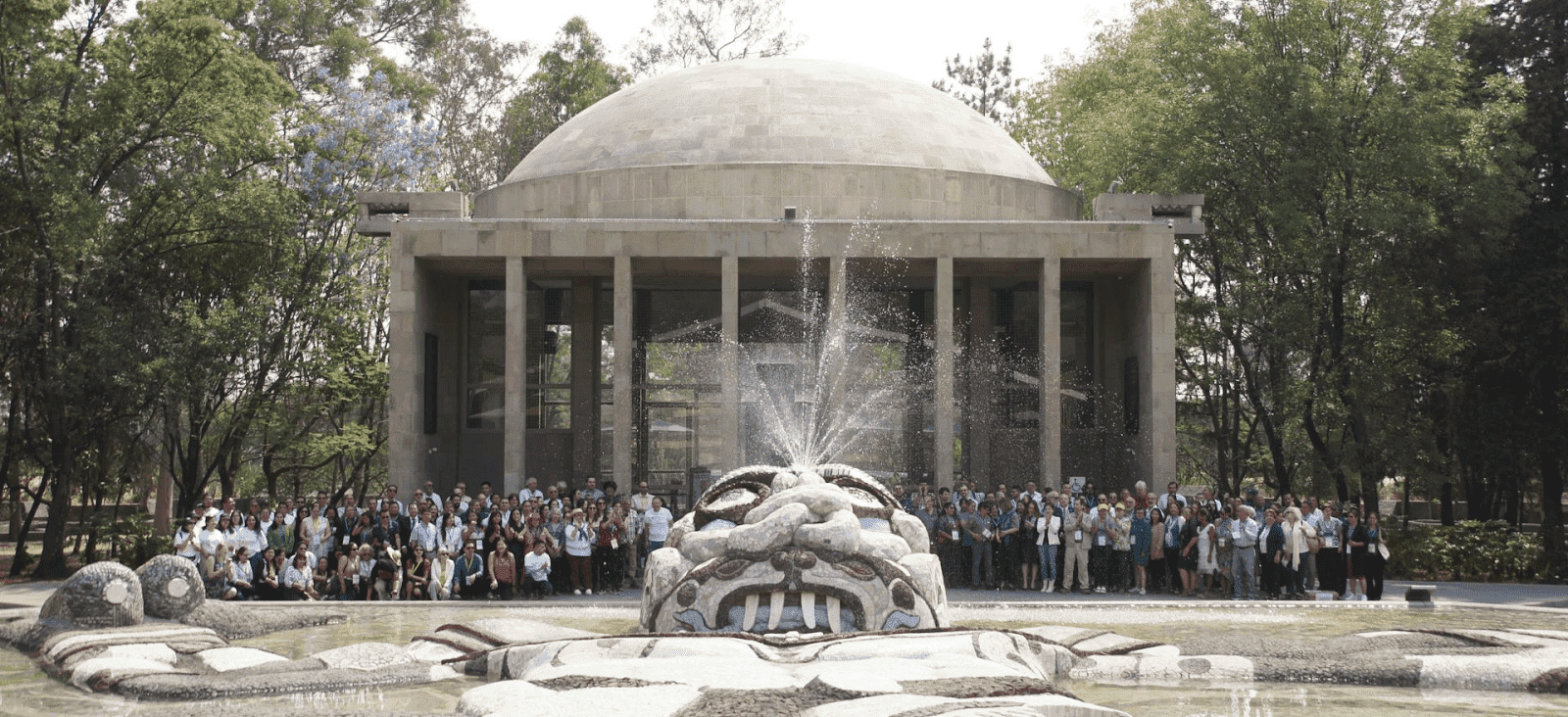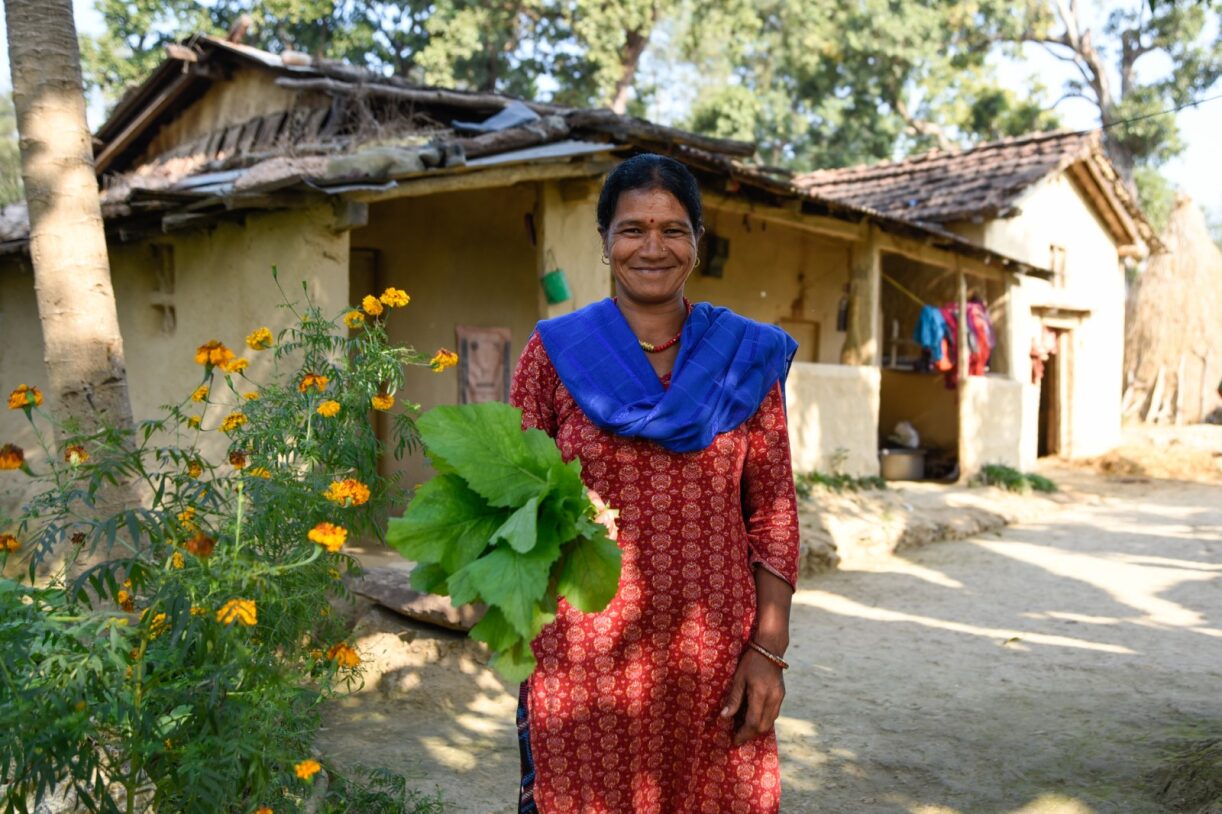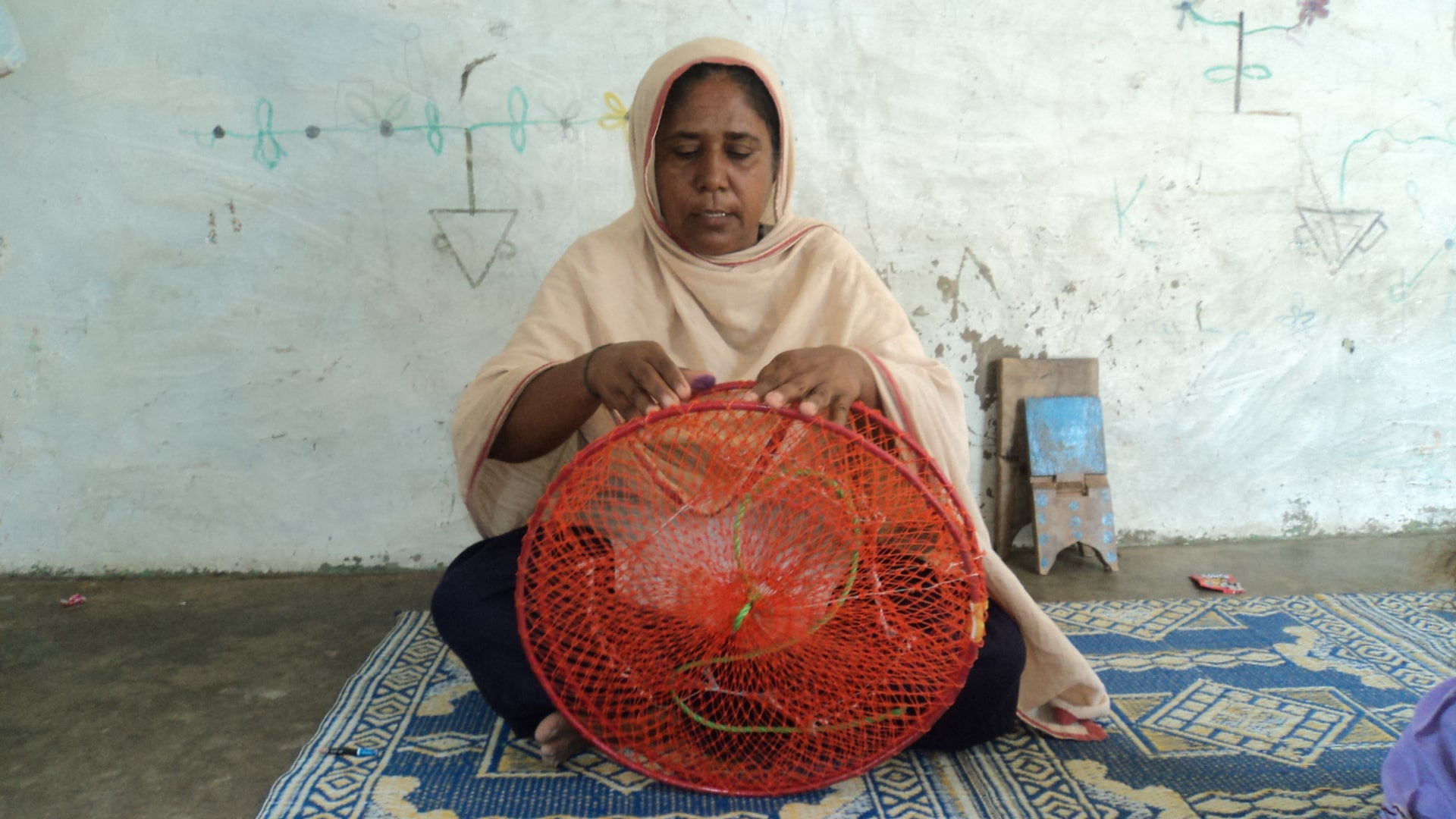COP28 Global Gender and Environment Data Conference calls for increased support to data production and use to inform climate action
The Global Conference on Gender and Environment closed ahead of COP28 with a global call to action on all world leaders, policymakers, and other key actors in gender and environment data systems to urgently strengthen multi-stakeholder partnerships to support the production, uptake, financing, and inclusive management and governance of global gender and environment data.
Counting on a Sustainable Future: Global Conference on Gender and Environment Data took place November 28-29, 2023, ahead of the United Nations Climate Change Conference (COP28) in Dubai, UAE. It closed with a call to action on all world leaders, policymakers, and other key actors in gender and environment data systems to urgently strengthen multi-stakeholder partnerships to support the production, uptake, financing, and inclusive management and governance of global gender and environment data.
All people relate to the environment differently based on their gender. Women rely more on natural resources for their livelihoods than men do, and are therefore more severely impacted by environmental degradation and climate change. Yet, they face immense barriers in participating in and contributing to environmental decision-making, including climate policy, which so closely affects their daily lives.
Climate policy and action cannot address the critical needs of women and girls without a full understanding of the links between gender and the environment, and this cannot happen without ensuring that gender and environment data and statistics are abundant, readily available, and incorporated into global climate negotiations. Only then can gender-responsive, equitable and just climate solutions effectively respond to the needs of women and girls whose stories are behind the data.
The co-hosts of the global conference on gender and environment data, the COP28 Presidency, UNFCCC, UN Climate Change High Level Champions, and UN Women, alongside IUCN (International Union for Conservation of Nature), and the Women’s Environment and Development Organization (WEDO), the two co-conveners of the Gender and Environment Data Alliance (GEDA), sought to create a space to discuss current and potential ways of filling data gaps in the gender-environment nexus.
The conference outcomes urges leaders to:
- Promote and prioritize the production of gender and environment data, in an ethical and transparent way, by building capacities of government and non-government data producers, providing methodological guidance, encouraging use of non-conventional data sources and encouraging a human-rights-based approach to data.
- Accelerate the use and uptake of gender-environment data for decision making, programme development, monitoring, research and advocacy, by integrating data into monitoring frameworks, putting data into the hands of policymakers and advocates to inform decision-making, and incorporate qualitative data as well.
- Drive investments in gender data, by allocating more funding from domestic and international sources to the production and use of gender and environment data, and by increasing financing to grassroots organizations for community-led data initiatives.
- Ensure global, regional and national statistical and data governance processes are inclusive, by including gender considerations in all environment statistical discussions, and supporting women, youth, and Indigenous Peoples’ statistical leadership.
- Create and strengthen multi-stakeholder partnerships for gender and environment data, by strengthening collaboration between users and producers of data and provide spaces for civil society organizations, youth leaders and local communities to share their data and expertise.
To find out more and read the full COP28 Global Conference on Gender and Environment Data Call to Action, visit: gender.pub/cop28genderdata.



